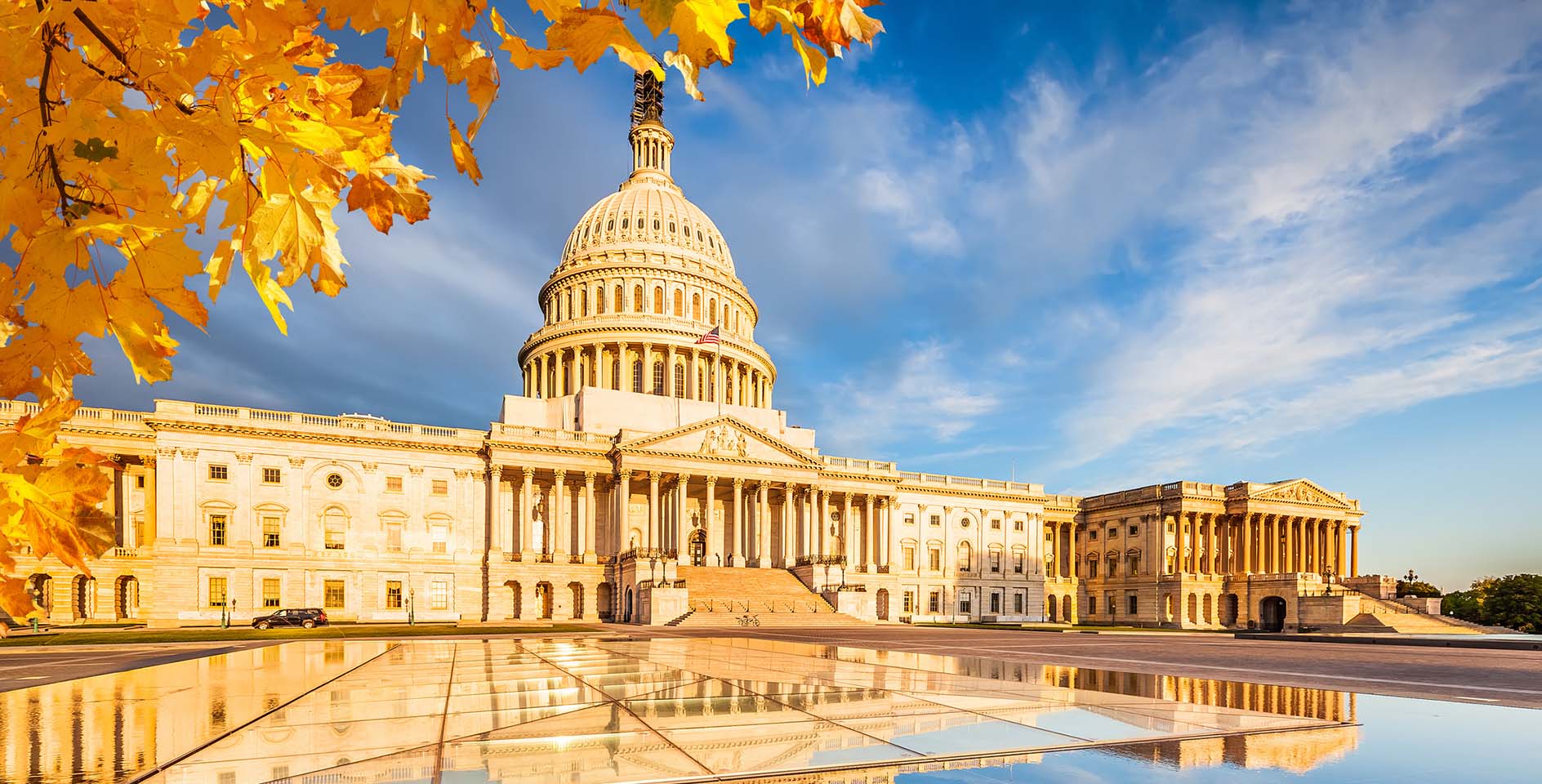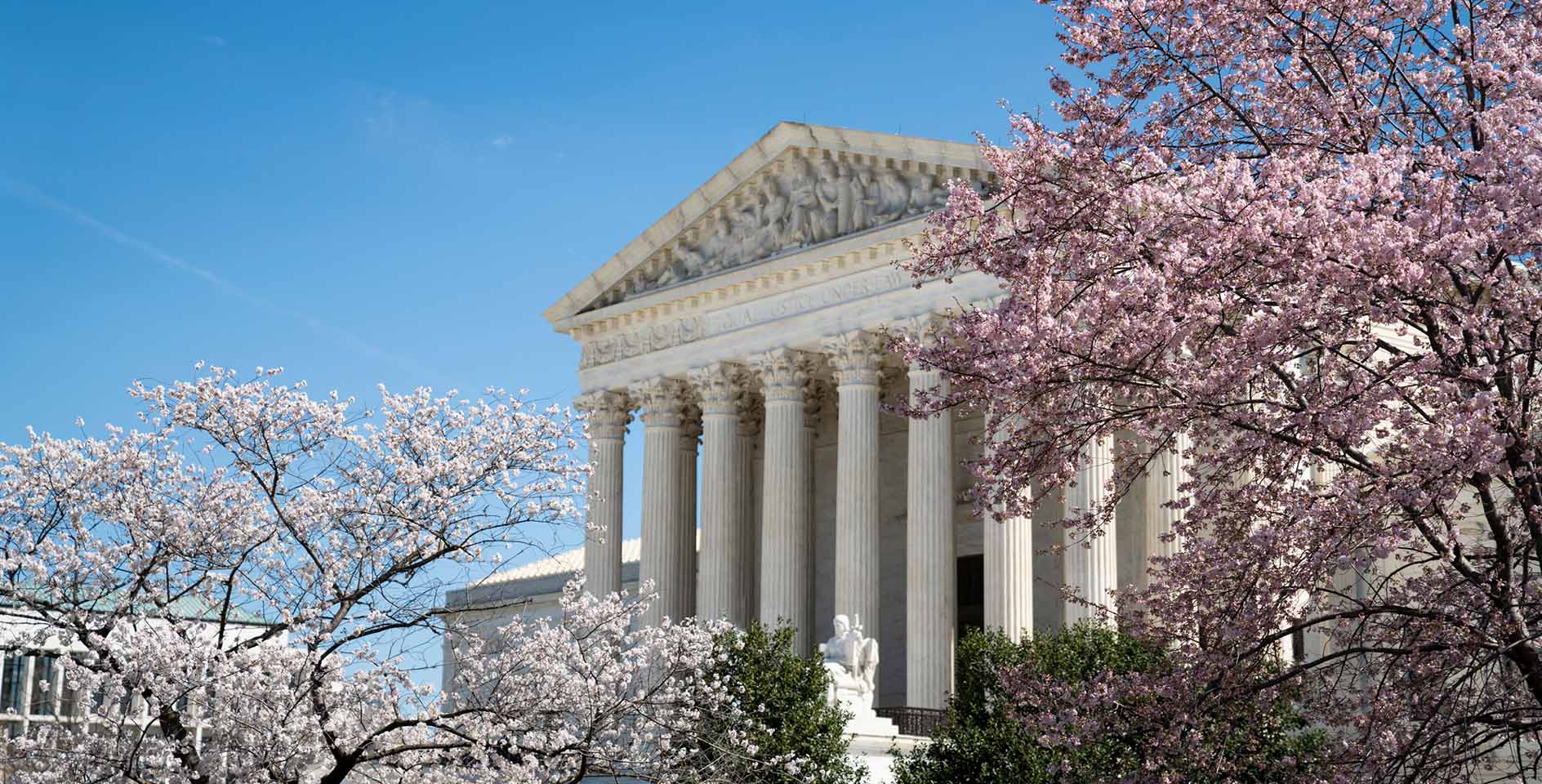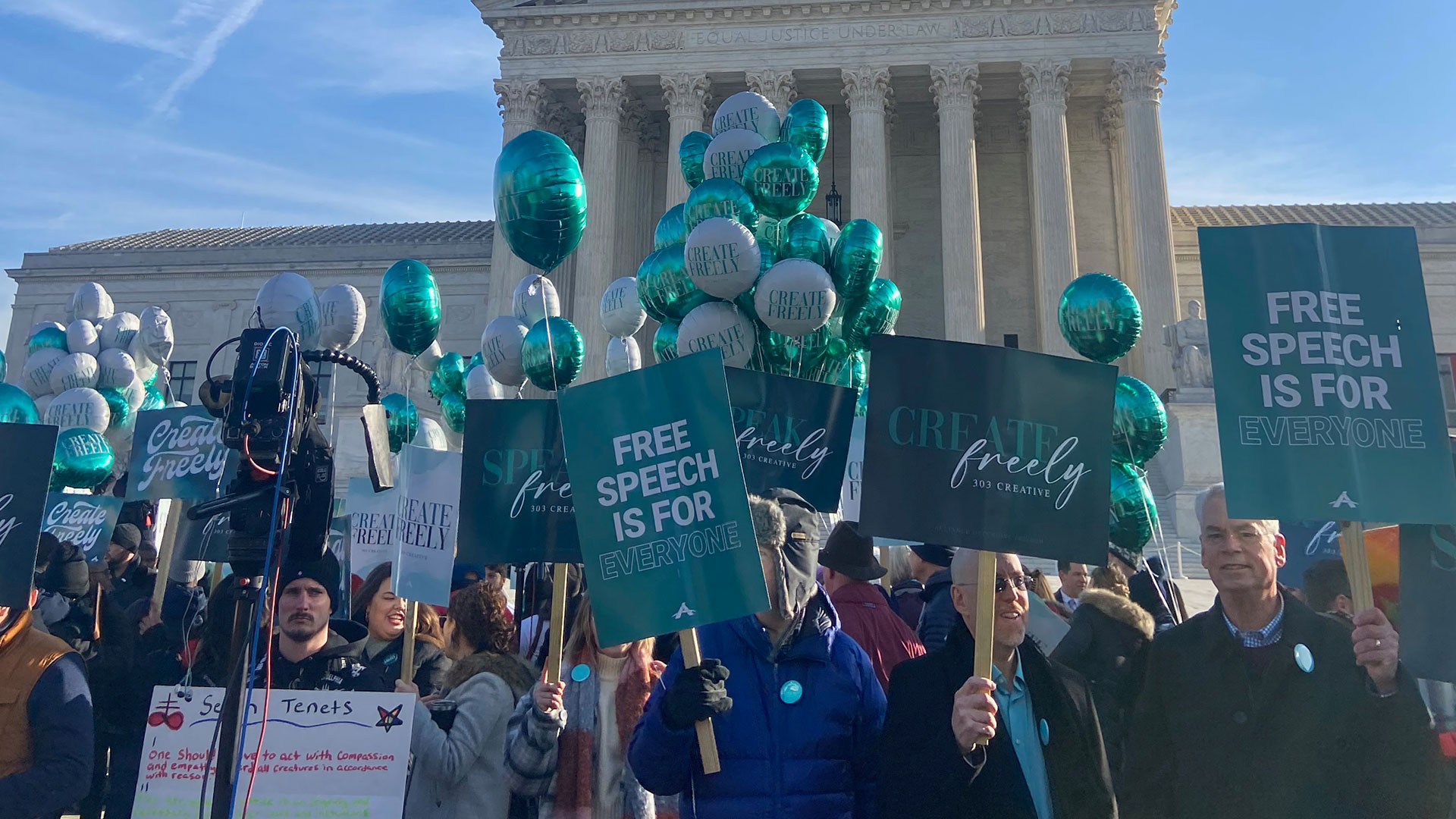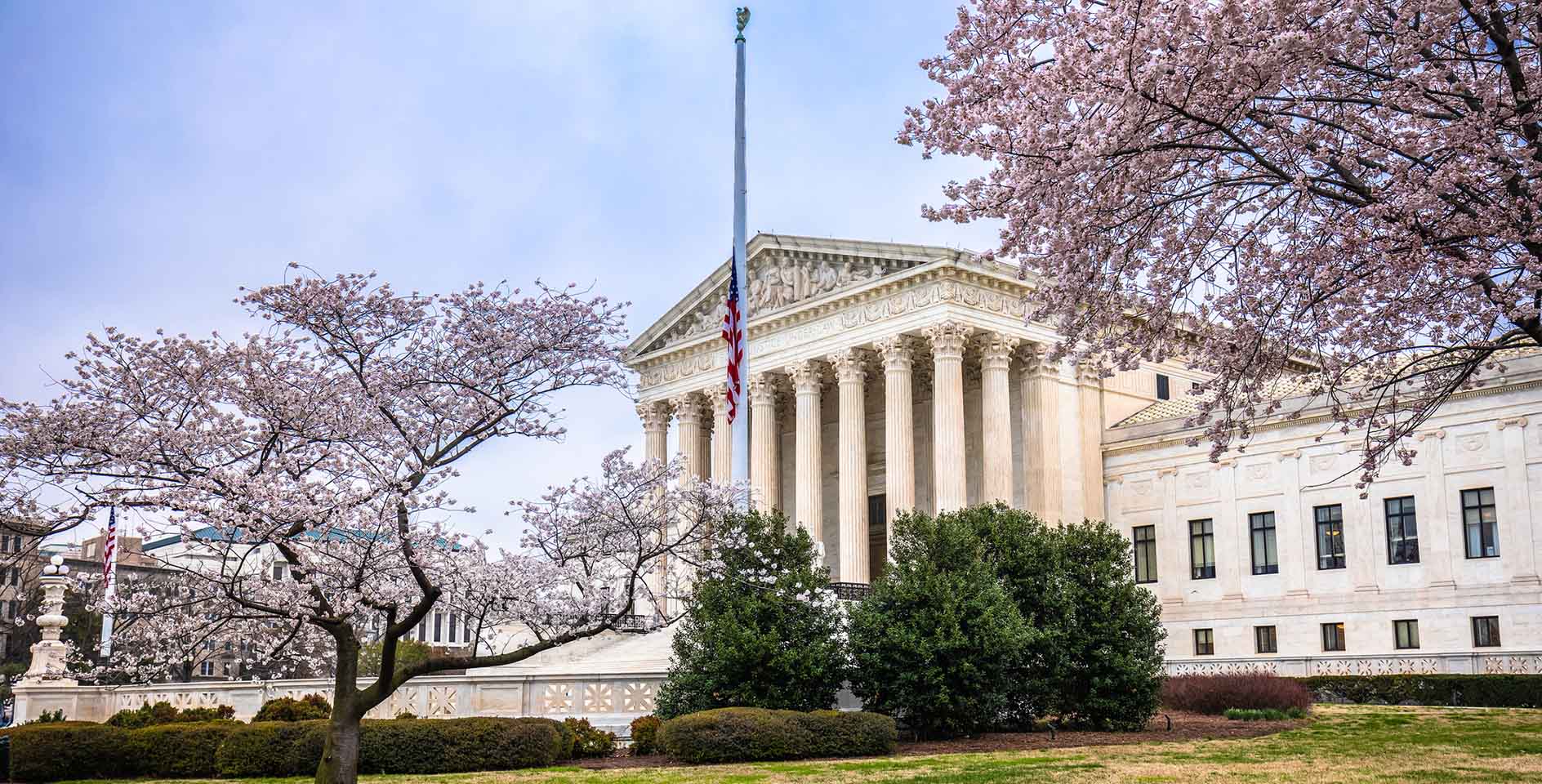Late last week a federal court issued an order to halt “the enforcement of a Louisville law against a wedding photographer and blogger as her artistic freedom lawsuit advances in court.” U.S. District Judge Justin Walker’s ruling granted injunctive relief to Chelsey Nelson, represented by Alliance Defending Freedom, who lives and works in Louisville. The ruling temporarily suspends the enforcement of a local Jefferson County Metro Government ordinance that would have compelled Nelson to use her creative gifts in ways that run contrary to her religious beliefs under the threat of significant civil penalties.
Nelson is a photographer and creative professional. She uses those skills to operate a business in Louisville photographing weddings. Nelson is also a Christian who holds to historic Christian beliefs about marriage and human sexuality. And though she is willing to serve any client, because of her religious convictions she is only able to use her creative gifts to “participate in and celebrate weddings” that are consistent with her beliefs.
Louisville’s public accommodation ordinance prohibits Nelson from declining to photograph weddings for same-sex couples. Not only that, but the “Fairness Ordinance” also prohibits Nelson from publishing on her “website the reasons she photographs and edits photos of only male-female weddings.” The ordinance is clearly intended to prevent discrimination, but it actually has the effect of forcing people like Nelson out of the marketplace. But because of Walker’s ruling, the enforcement of these measures has been blocked until the case is resolved.
Responding to Walker’s ruling, ADF Senior Counsel Jonathan Scruggs said, “The court was right to halt enforcement of Louisville’s law against Chelsey while her case moves forward. She serves everyone. She simply cannot endorse or participate in ceremonies she objects to, and the city has no right to eliminate the editorial control she has over her own photographs and blogs.”
No American citizen deserves to be punished by the government for their religious beliefs. Nor should we need to fear that holding convictions out of step with public opinion could cost us our livelihoods.
It is worth noting that in issuing the injunction, Walker indicated that Nelson is likely to win her case on the merits. “Her photography is art,” and, “art is speech,” the judge wrote. Because of the First Amendment, the government has no authority to compel speech that violates one’s religious or political principles. In affirmation of these rights, Walker ruled, “The Constitution does not require a choice between gay rights and freedom of speech. It demands both.” Rather than declaring the public square off limits to certain people, Walker stated, “America is wide enough for those who applaud same-sex marriage and those who refuse to.”
This is another important victory for religious freedom. As more state and local governments implement expanded non-discrimination measures, it is critical that these efforts not erode the constitutional freedoms protected by the First Amendment. Religious citizens like Chelsey Nelson are not seeking a license to discriminate. Rather, they are merely seeking the same protection for their own civil liberties—the right to live, work, and worship in accordance with their sincerely held beliefs.
Travis Wussow, the ERLC’s general counsel and vice president for public policy, commended Walker’s ruling, saying the decision “affirms that our consciences matter, and we are encouraged to see the courts respect the conscience rights of creative professionals in Kentucky.” Wussow also pointed out that “When the government respects these fundamental rights, it is good not just for people of faith but for all Americans.” And that is exactly right. No American citizen deserves to be punished by the government for their religious beliefs. Nor should we need to fear that holding convictions out of step with public opinion could cost us our livelihoods.
All Americans should stand against discrimination. But we should also stand in support of the liberty of all Americans to live and worship according to the dictates of their consciences. And at least for now, Kentucky is free to do both.







